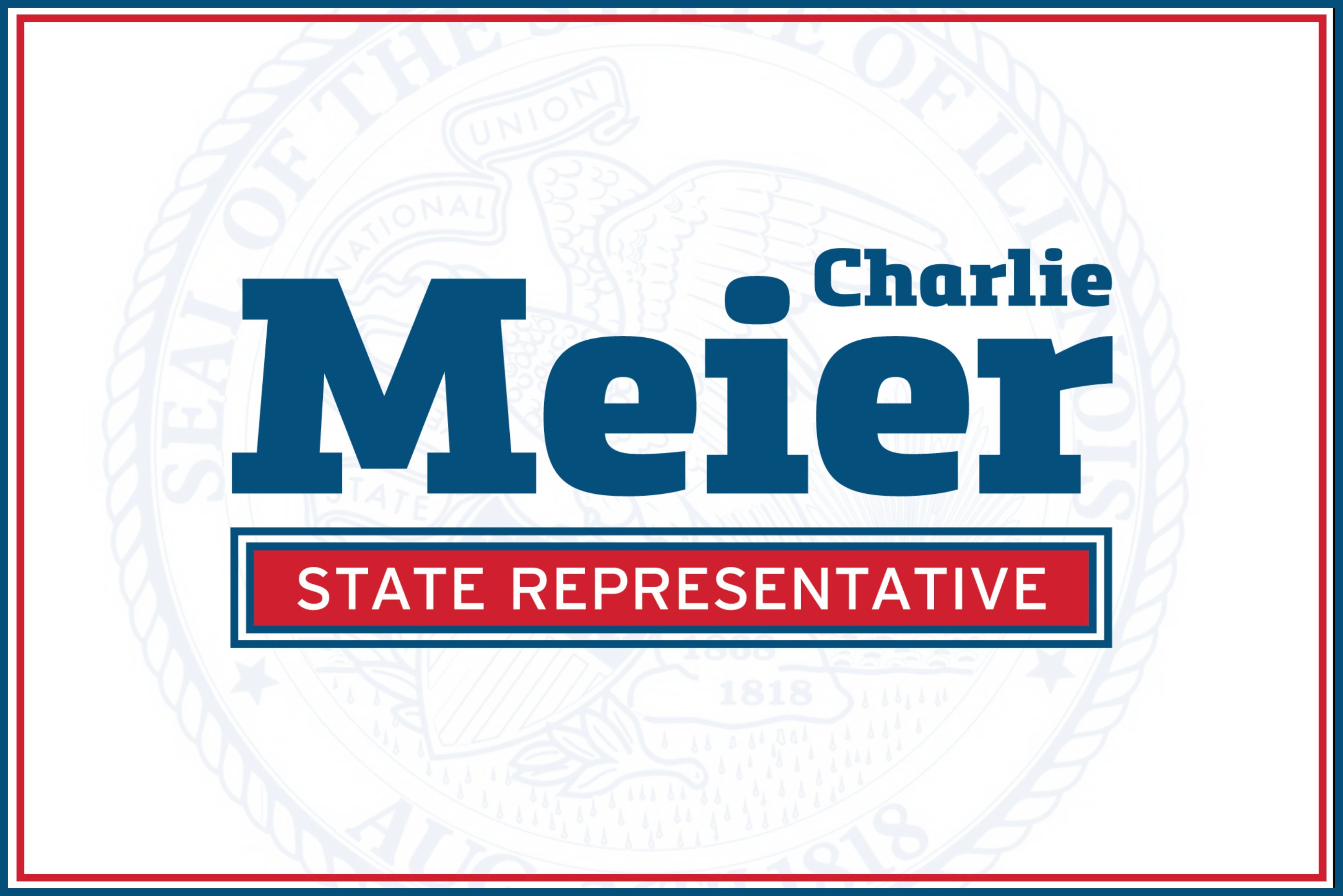At the beginning of each new General Assembly, the Illinois House of Representatives debates a Resolution establishing the Rules by which the chamber will operate.
Democrats currently hold a supermajority in the Illinois House, which gives them complete and total control over the legislative process. House Republicans have called for greater transparency, equity, and a fairer process for legislation that we introduce.
State Representative Charlie Meier opposed the Rules, and issued the following statement:
“Mere hours before we were expected to vote on them, the House Democrats once again proved that they are more focused on preserving their own power than serving the people of Illinois. Once again, a rules package was pushed through that will allow for the same old tactics that will be used that were used by former House Speaker Michael Madigan, who currently is standing trial in a federal court for corruption charges. This is not the fresh start that the people of Illinois deserve. I stand with House Republicans in building a future where Illinois thrives – not through backroom deals, but through a transparent legislation process that allows for all of Illinois to be represented.“
House Republicans have proposed several changes to the House Rules to make the legislative process more transparent, fair, and representative of the entire state.
Further House Republican Recommendations for House Rules Changes Included:
House Republicans proposed several changes that would increase transparency and help give a voice to the more than 4 million Illinoisans that we represent. These include:
HR 16 – Eliminates loophole that allows a substantive resolution to evade the normal requirement for publication on the agenda of pending items (the daily House calendar)
HR 17 – Requiring a committee hearing and a vote on any bill that has at least 5 co-sponsors from each party.
HR 18 – Provides public disclosure of pre-filing for Senate bill sponsorship.
HR 19 – Creates a minimum review period of 24 hours before final action on appropriation bills.
HR 20 – Utilize conference committees so proposals can retain the same bill numbers throughout GA consideration.
HR 21 – Limiting the number of bills allowed to be on a consent calendar to 25 (down from 80)
HR 22 – Restores requirement for supermajority to close floor debate.
HR 23 – Provides for Member Access to the House Chamber during Clerk’s Office Business Hours.
HR 24 – Requires that Committee and Task Force Audio Recordings be accessible on the GA website within 24 hours.
HR 25 – Requires a record vote when voting to close floor debate (if unanimous consent is denied).
HR 26 – Each member can designate at least one bill per session for a guarantee committee hearing and vote. It would be designated as a priority bill.
